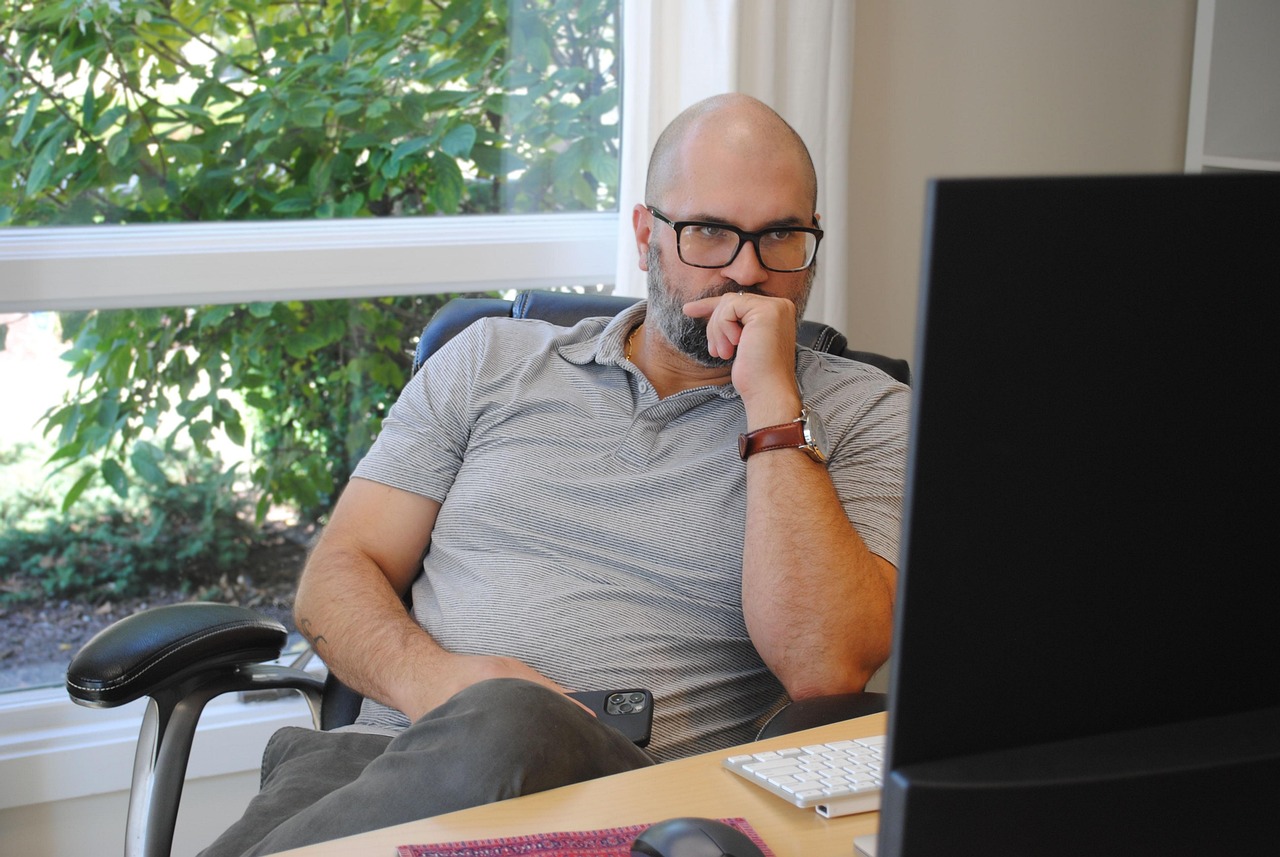
Steps to Take When Seeking Trauma Support
Experiencing trauma can be overwhelming and challenging to navigate alone. Seeking support is a crucial step toward healing and recovery. Here are essential steps to take when seeking trauma support:
- Recognise the Need for Help
Acknowledging that you need support is the first and most crucial step. Trauma can affect your emotional, physical, and mental well-being, and seeking help is a sign of strength, not weakness. - Identify the Type of Support You Need
Trauma support can come in various forms, including professional therapy, support groups, or trusted friends and family. Consider what kind of assistance feels most comfortable and suitable for your situation. - Find a Qualified Professional
Look for licensed therapists or counsellors who specialise in trauma and post-traumatic stress disorder (PTSD). Many professionals offer therapeutic approaches, such as cognitive-behavioural therapy (CBT), eye movement desensitisation and reprocessing (EMDR), or somatic experiencing. - Use Trusted Resources to Locate Support
Utilise reputable websites, local mental health organisations, hospitals, or referrals from your primary care provider to find qualified trauma specialists. Many communities also offer free or low-cost counselling services. - Prepare for Your First Appointment
Write down your symptoms, feelings, and any specific incidents you want to discuss. Preparing ahead can help you communicate your experiences clearly and maximise your session. - Consider Peer Support Groups
Joining a support group with others who have experienced similar trauma can provide a sense of community and shared understanding. These groups often offer both emotional support and practical coping strategies. - Practice Self-Care
Alongside professional help, engage in self-care activities such as mindfulness, exercise, proper nutrition, and sufficient rest. These practices can improve your overall resilience and aid in recovery. - Be Patient and Persistent
Healing from trauma takes time and effort. It’s essential to be patient with yourself and continue seeking help even if progress feels slow. Consistency in therapy and support networks is key to long-term recovery. - Reach Out in Crisis Situations
If you experience overwhelming distress or thoughts of self-harm, contact emergency services or a crisis hotline immediately. Immediate support can provide safety and prevent harm. - Educate Yourself About Trauma
Understanding how trauma affects the brain and body can empower you and reduce feelings of confusion or self-blame. Many educational resources are available online or through your therapist.
Seeking trauma support is a courageous step toward reclaiming your life. Following these steps, you can find the help and resources needed to heal and move forward with hope.

Leave a Reply